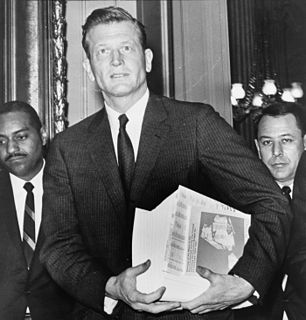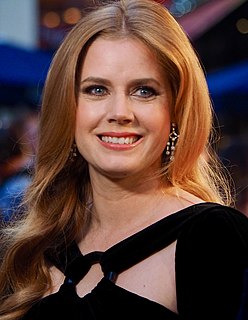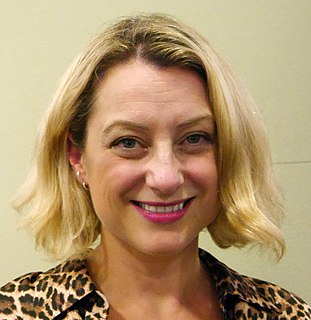A Quote by John Lindsay
I try to build the things so that they're fairly indestructible. I've learned from my mistakes and some of those units, even if human life disappears from the planet, will still be recognizable a thousand years from now abandoned somewhere in the woods.
Related Quotes
We've left the moment. It's gone. We're somewhere else now, and that's okay. We've still got that moment with us somewhere, deep in our memory, seeping into our DNA. And when our cells get scattered , whenever that happens, this moment will still exist in them. Those cells might be the biulding block of something new. A planet or star or a sunflower, a baby. Maybe even a cockroach. Who knows? Whatever it is, it'll be a part of us, this thing right here and now, and we'll be a part of it.
After us they'll fly in hot air balloons, coat styles will change, perhaps they'll discover a sixth sense and cultivate it, but life will remain the same, a hard life full of secrets, but happy. And a thousand years from now man will still be sighing, "Oh! Life is so hard!" and will still, like now, be afraid of death and not want to die.
The planet earth has a life span of eight billion years, give or take a few million. People have been around for approximately forty thousand years-a virtual blink in the cosmos. It is sad that we as a species are ravaging the natural world so fast that we are jeopardizing our survival. If we wipe ourselves out, it would be the height of folly, but the earth will survive even us. It will eventually restore itself. It might take a few thousand years, and it won't be just as it was before, but its life is stronger than death.
In the woods, too, a man casts off his years, as the snake his slough, and at what period soever of life, is always a child. In the woods is perpetual youth. Within these plantations of God a decorum and sanctity reign, a perennial festival is dressed, and the guest sees not how he should tire of them in a thousand years. In the woods we return to reason and faith.
The things that I have said when I was young and curious about whatever the subject matter was, I respect those - those are growing pains. Even if you make mistakes, I go back to those things, my not-so-great moments because those are my truest moments; those are my human moments. I'm not even mad at the things I said that were a little dicey.
I used to pile on the detail, which was probably a way of hedging my bets while I was working out my own way of doing things. I've cut it back over the years, but some of the descriptions can still be still pretty dense. So the answer is somewhere between fairly detailed and maybe too detailed. Fortunately, people are seeing the final pages and not my raw script.
I think all those years that I spent as a nurse, from the age of seventeen, just allowed me an insight into human emotion at those times of life when it's so important. And to see and witness those times of grief and love and loss and all those things was such a huge privilege, both in my own personal life, but it also, I think, spills over into my writing. I think the one thing that most novelists have is some degree of emotional intelligence, and if you don't have that, then perhaps you might struggle to be a novelist, because that has to come out somewhere.
There are three bombs. The first one is the atomic bomb, which disintegrates reality, the second one is the digital or computer bomb, which destroys the principle of reality itself - not the actual object - and rebuilds it, and finally the third bomb is the demographic one. Some experts have found out that in five thousand years from now, the weight of the population will be heavier than the weight of the planet. That means that humanity will constitute a planet of its own!


































